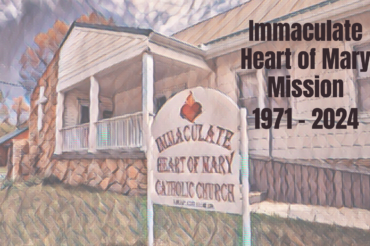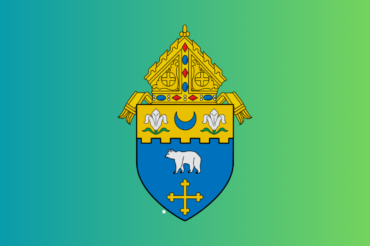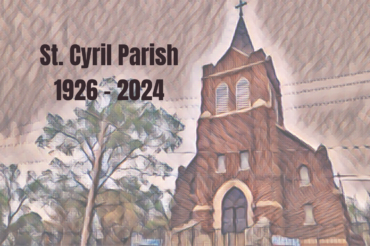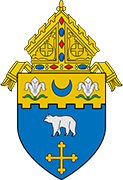Why Commemorate the Reformation?
“I do not pray for these only, but also for those who believe in me through their word, that they may all be one; even as you, Father, are in me, and I in you, that they also may be in us, so that the world may believe that you have sent me.” John 17:20-21
On the night before his sacred Passion and death, Jesus prayed that those who belonged to him would be one. This unity among the members of the Body of Christ is the will of God and a key sign to the world that it might come to faith in Christ. The more divided the Body of Christ is, the worse off the world becomes.
I have been asked by some members of the Catholic faithful why we would commemorate the Protestant Reformation. It is a fair question. In fact, I have pondered the question myself. What follows are a few thoughts on why I think it is very worthwhile. But, before that, I emphasize that this is not a “celebration” in the typical sense, but a “commemoration”—there is a big difference. The former implies thanksgiving and elation. How could any Christian be grateful and happy at divisions in the Body of Christ? The latter, “commemoration,” implies serious reflection and a taking stock of where we are today in hope of a better tomorrow.
The first good reason for this commemoration is because the Reformation is arguably the most significant event in the last 10 to 15 centuries of the Church’s history. It affected not only matters of religion, but also the course of nations, politics, war, economics, and philosophical thinking. It reshaped the Church and Europe and the World. For better and for worse, the modern world as we know it today is in large part due to the events of the Reformation and what followed. We can better understand the current realities that we all face when we look back at this event.
The main reason for a commemoration is to better understand why the fissure in the Church happened and make serious efforts to repair what has been damaged. Christ desires for all those who have been baptized into his Body to seek to restore unity, however difficult and imperfect it might be. There are still serious divisions among Catholics and Protestants (and among the various Protestant denominations). True ecumenical dialogue does not ignore or gloss over one’s differences. Many of these serious differences are related to faith and morals. Nevertheless, we must not let what divides us obscure the many things that unite us: common faith in the Triune God and the revelation in Jesus Christ, as well as the recognition of the basic truths of the doctrine of justification.
The Common Commemoration to be held this Friday, September 29th, at our Cathedral of the Immaculate Conception, will be an opportunity for the local Catholic bishops, myself and Archbishop Naumann, to join with the local Lutheran (ELCA) bishop, Roger Gustafson, in common prayer based on the text produced by the Holy See’s Lutheran-Roman Catholic Commission on Unity, From Conflict to Communion. The prayer will emphasize three elements: the shared joy we have in the Gospel; repentance for past and present conflicts; the challenge to bear common witness.
I invite all to join the bishops in this commemoration, that somehow through our humble efforts at growth in mutual understanding, cooperation, respect, and seeking unity the world might believe.
+ Bishop James V. Johnston, Jr.
Catholic Key, September 28, 2017 issue





